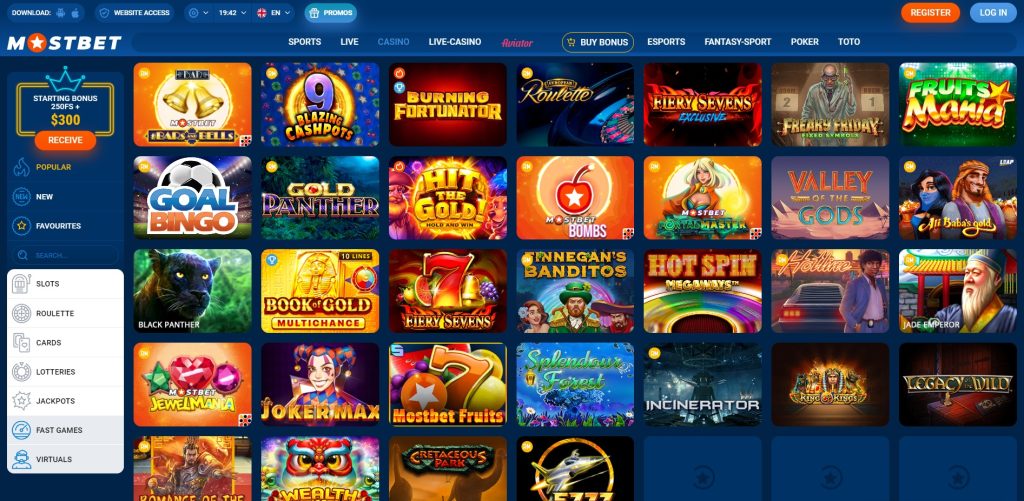Exploring the Advantages and Disadvantages of Online Platforms

The Advantages and Disadvantages of Online
In today’s digital age, online platforms have revolutionized the way we interact, conduct business, and access information. From social networking to e-commerce, Advantages and Disadvantages of Online Casinos: Weigh the pros and cons of playing at online casinos compared to traditional brick-and-mortar casinos. Betandreas casino and online education, these platforms have created unprecedented opportunities, yet they also come with their set of challenges and risks. This article explores the advantages and disadvantages of online interactions, highlighting the nuanced impact they have on our lives.
Advantages of Online Platforms
1. Convenience
One of the most significant advantages of online platforms is convenience. Users can access a wealth of information, services, and products from the comfort of their homes. Whether it’s shopping, banking, or learning, everything can be done at any time without the need to travel. This level of accessibility caters to diverse needs, allowing individuals with busy schedules or physical limitations to engage in activities they might otherwise find challenging.
2. Global Reach
Online platforms break geographical barriers, enabling individuals and businesses to connect across the globe. This global reach provides opportunities for networking, collaboration, and market expansion, fostering economic growth and cultural exchange. For instance, small businesses can sell their products internationally, expanding their customer base beyond local markets.
3. Variety of Choices

The internet provides a vast array of choices, from entertainment options to educational resources. This diversity not only enhances decision-making but also allows individuals to cater their experiences to their personal preferences. For example, online education platforms offer countless courses on various subjects, making it easier for individuals to pursue their interests or career development.
4. Cost-Effective Solutions
Online transactions often prove to be more cost-effective than traditional methods. Businesses can lower operational costs by managing online storefronts instead of physical locations, while consumers can find better deals and discounts online. Additionally, many online resources, like open educational resources, are available for free or at a lower price compared to traditional options.
5. Enhanced Communication
Online platforms facilitate communication and collaboration in real-time, breaking down barriers that may exist in traditional settings. Whether through instant messaging, video conferencing, or social media, individuals can connect with others easily and collaboratively. This immediacy enhances team dynamics in the workplace and offers social support for individuals seeking connections during isolation.
Disadvantages of Online Platforms
1. Privacy Concerns
With the convenience of online interactions come significant privacy concerns. Personal data can be easily collected, shared, and exploited without an individual’s consent. Cybersecurity threats, identity theft, and data breaches are real dangers that users face. Moreover, many individuals may underestimate the long-term consequences of sharing personal information online.
2. Digital Divide

While online platforms offer numerous advantages, not everyone has equal access to them. The digital divide remains a significant issue, with individuals in rural areas or low-income households lacking reliable internet connectivity or access to necessary devices. This disparity hinders opportunities for education and employment, perpetuating existing social and economic inequalities.
3. Addiction and Distraction
The allure of online platforms can lead to addictive behaviors and distractions. Social media, gaming, and online shopping are just a few examples of activities that can consume excessive amounts of time. This addiction can result in negative impacts on mental health, relationships, and productivity, leading individuals to prioritize digital experiences over real-life interactions.
4. Misinformation
The internet is rife with misinformation, making it challenging for users to discern credible sources from unreliable ones. This can lead to confusion, harmful decisions, and the spread of false narratives. In some cases, the proliferation of misinformation has had dire consequences, particularly in areas like health and politics, where accurate information is vital.
5. Lack of Personal Interaction
While online platforms enhance communication, they can also lead to a diminished sense of personal connection. The nuances of face-to-face interaction, such as non-verbal cues and emotional warmth, can be lost in digital communication. This lack of personal interaction may result in feelings of loneliness and isolation, as individuals may find it challenging to form authentic relationships online.
Conclusion
In conclusion, the advantages and disadvantages of online platforms reflect the complexity of our digital landscape. While these platforms offer remarkable conveniences, opportunities, and access to information, they also present significant challenges that must be addressed. Moving forward, it is essential for individuals, businesses, and policymakers to navigate this landscape mindfully, leveraging the benefits of online interactions while mitigating their inherent risks. By fostering digital literacy, advocating for privacy rights, and ensuring equitable access to the internet, society can harness the full potential of online platforms for a brighter and more inclusive future.

Leave a comment